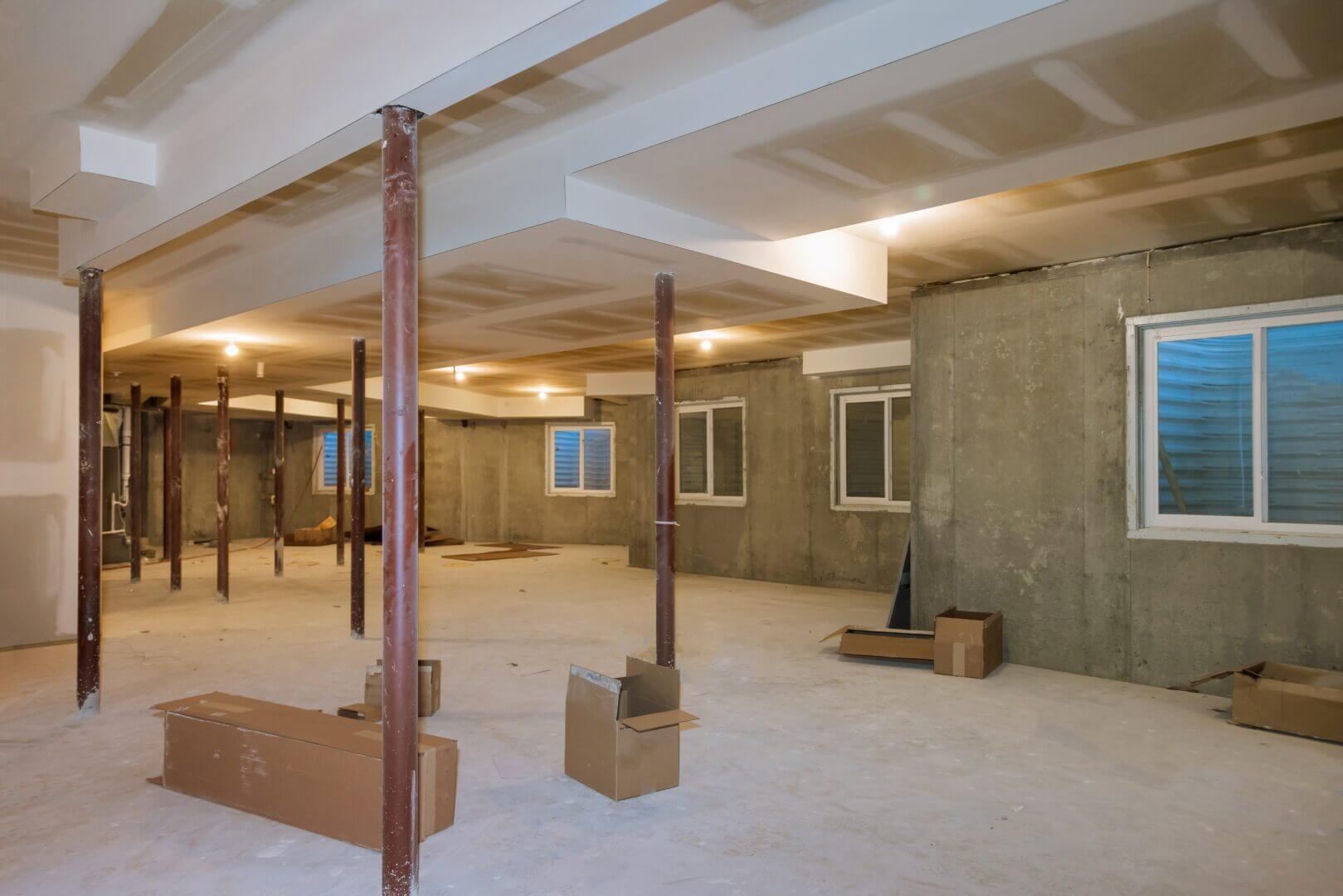Navigating the ins and outs of commercial property management can be a complex endeavor. Yet, few undertakings are as vital as ensuring that your business space meets regulatory standards and is safe for both employees and customers. The process through which you guarantee this, often underappreciated, is the commercial inspection. In this comprehensive guide, we break down everything small business owners, entrepreneurs, and property managers need to know about commercial inspections to safeguard their ventures and bottom lines.
Introduction: Understanding the Vital Role of Commercial Inspections
For the uninitiated, a commercial inspection might seem like a bureaucratic hoop to jump through, but the reality is far more significant. These inspections act as a first line of defense against potential hazards and legal issues for your business. Understanding their importance and the steps to prepare for and respond to them is crucial for maintaining the integrity of your operations.
Section 1: The Basics of Commercial Inspections
Commercial inspections are comprehensive reviews of a business property to evaluate compliance with local, state, and federal regulations. These walk-throughs can cover anything from fire safety and health standards to general building conditions. But why are they so critical?
What Are Commercial Inspections?
Breaking it down, commercial inspections are systematic processes of assessing the safety and functionality of a business space. Inspectors are usually looking for adherence to specific codes and regulations, designed to protect the public and environment.
Why Are They Important for Your Business?
Commercial inspections are the safety net that catches potential problems before they escalate. From a legal standpoint, demonstrating a commitment to compliance can help to avoid fines, penalties, and, in severe cases, business closures. More broadly, maintaining high inspection standards is an overt commitment to your employees and customers that their wellbeing is a top priority.
Section 2: Types of Commercial Inspections
There’s no one-size-fits-all when it comes to commercial inspections. Depending on your industry and location, you may be subject to various types of inspections. Here are a few common categories.
Fire Safety Inspections
Not just one, but an array of inspections designed to ensure your business is prepared for a fire emergency. From the presence and functionality of fire extinguishers to the layout of fire exits, these checks are critical in the case of an actual emergency.
Health and Safety Inspections
A broad category encompassing everything from air quality tests and chemical storage safety to ensuring proper sanitation in food service businesses. These inspections are a health safeguard for everyone who sets foot in your business.
Building and Property Inspections
The structure itself, along with any shared spaces, may be subject to periodic inspections to assess its general integrity and ensure it’s suitable for ongoing business operations.
Section 3: Preparing for a Commercial Inspection
Preparation is key to navigating a commercial inspection successfully. Failure to prepare could mean inadvertently overlooking a safety hazard that could have been easily remedied.
Key Areas to Focus on Before an Inspection
Prior to any scheduled inspection, there are a few priority checklists to go through. These could involve checking all emergency equipment, updating your safety handbooks, or running an internal ‘mock inspection’ to spot and fix any glaring issues.
Checklist for a Smooth Inspection Process
A comprehensive checklist can serve as your ultimate preparation tool. This can include everything from the minutiae of cleaning refrigerator coils to the broader scope of testing emergency lighting systems.
Section 4: Common Issues Found in Commercial Inspections
Commercial inspections often reveal common areas of non-compliance. Knowing these in advance can help you to proactively address them and avoid future issues.
Addressing Common Problems to Avoid Fines and Penalties
Issues like expired fire extinguishers or blocked fire exits are ticking time bombs. By regularly inspecting your space and addressing these common problems, you can ensure that your business is always in a state of readiness.
Section 5: The Benefits of Regular Commercial Inspections
Investing in regular commercial inspections is more than a cost of doing business; it’s an investment in your business’s longevity and reputation.
Enhancing Workplace Safety
The most direct benefit of regular inspections is the safety and peace of mind they provide to your team. By ensuring a safe environment, you foster a more positive and productive workplace culture.
Protecting Your Business from Legal Liabilities
Businesses that fall foul of regulatory standards can find themselves in a legal quagmire. Regular inspections help you stay one step ahead, avoiding costly litigation and legal troubles.
Improving Efficiency and Productivity
Inspectors catch more than just safety issues; they can often spot inefficiencies that could be costing you money. A well-maintained, compliant space is also an optimized space for your business to operate at its best.
In the grand scheme of business management, commercial inspections are the unsung heroes. Behind the scenes, they work to protect your business, your employees, and your customers. By demystifying the process, outlining their importance, and detailing how to approach them, this blog has equipped you with the knowledge to turn what might feel like a chore into a strategic advantage. Work with them, not against them, and your business will undoubtedly reap the rewards.






